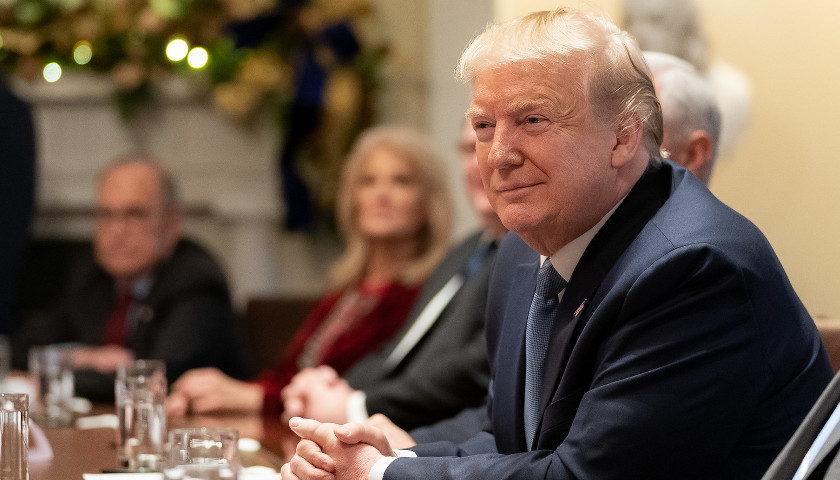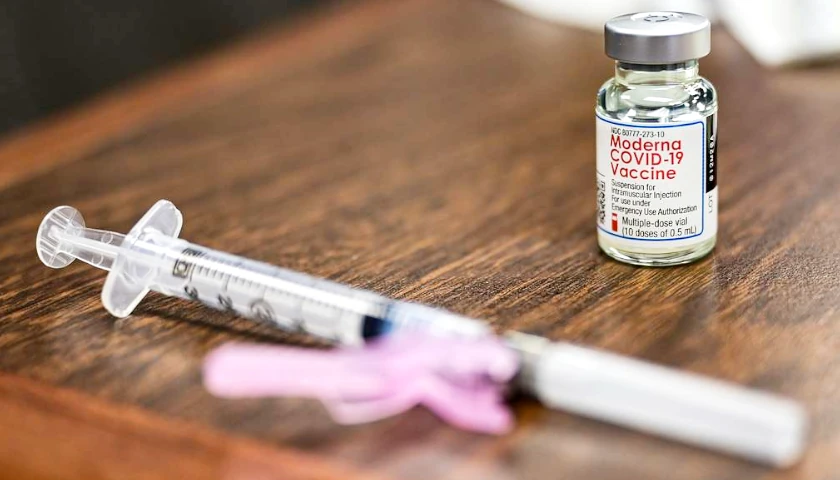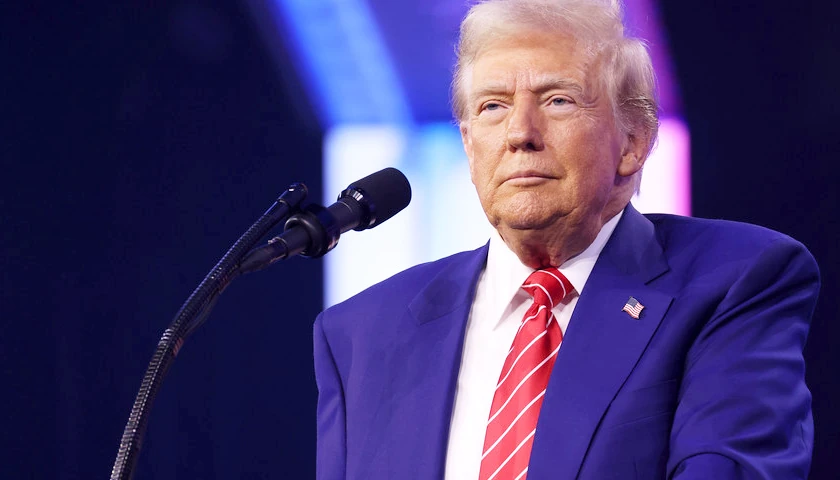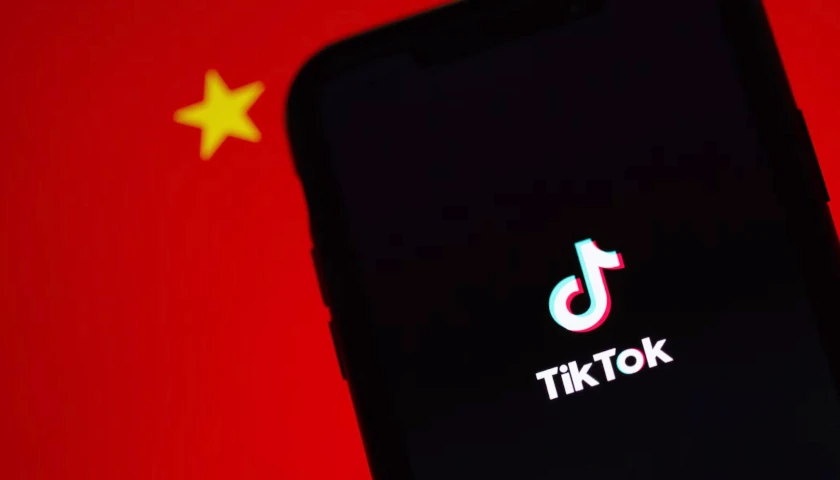by Norm Shinkle
Our President has taken great care to craft a response to the coronavirus pandemic that respects the free market and ensures that our capitalist system remains in place to guide our national recovery.
In a country that famously rejects “socialism,” President Trump’s handling of the pandemic — including his administration’s successful push to get Congress to approve the largest economic stimulus package in American history — is polling extraordinarily well. His overall approval rating is at its highest point since he took office in 2017. When asked to specifically evaluate his response to the coronavirus pandemic, Gallup found that 60 percent of Americans approve of the President’s actions, and only 38 percent disapprove. A Hill/HarrisX poll produced a similar result, finding 61 percent support for his strategy. Both surveys revealed that even a sizable percentage of Democrats think the Trump administration is on the right track.
Of course, even a plan as broadly popular as this one is bound to attract a few critics.
The primary objection to the stimulus seems to be that it includes funds for low-interest loans intended to keep companies — and in some cases, entire industries — afloat as the country endures a near total shutdown of travel, dining, and social activities. Some want the stimulus to be limited solely to checks for individual Americans, but this idea is misguided. Americans aren’t going to buy Boeing jets with their $1,200 stimulus checks, and they aren’t going to use emergency unemployment benefits to go on cruises, book air travel, or stay in the empty hotels that are being converted into temporary hospitals and quarantine centers.
The stimulus package isn’t an example of “corporate welfare” or government interference with the free market. These measures will keep key American industries from disappearing forever due to a crisis that will last weeks, or at most a few months. Even some critics acknowledge that using public monies to keep airlines and manufacturers in business now is far better than nationalizing those industries later — which is precisely what would happen if all the private firms in indispensable industries such as air travel were forced to fold.
The Trump administration is also contending with the strain of misguided criticism coming from liberal demands for even more sweeping government intervention. Despite working in close cooperation with the President and his team throughout the coronavirus crisis, New York Governor Andrew Cuomo declared Tuesday that he would prefer a far more aggressive use of the Defense Production Act to force private companies to produce more of the supplies New York needs to fight the mass outbreak there.
As Cuomo himself subsequently acknowledged just one day later, the overwhelmingly positive response from private industry has allowed the President to manage voluntary initiatives instead of adopting a heavy-handed, big-government approach. In a surge of patriotic unity, corporations such as Ford, GM, HP, 3M, and many more have stepped up on their own to offer their resources and expertise, greatly alleviating the administrative burden on the federal government. Here in Michigan, Ford and GM are re-opening auto factories that had previously been closed due to the pandemic, leveraging their expertise to help produce ventilators and other critically important medical equipment. This private and public sector unity at this time of national emergency parallels that of World War II.
The stimulus President Trump sought is now a reality, and it’s going to ensure that the American economy will bounce back quickly without sacrificing free enterprise. The American people understand that our President is working tirelessly to restore the booming private sector that gave us full employment and a renaissance of American manufacturing before the coronavirus pandemic reached us from China. The free market brought us historic prosperity during the first three years of this administration, and it will bring us back to those heights once the current crisis has passed.
Saving the country from economic ruin by supporting businesses that are making enormous sacrifices as part of our national effort to combat the coronavirus is not “socialism.” And we do not want this pandemic to be an excuse to force us towards failed socialistic ideals. Donald Trump’s leadership has given us hope and a plan. He has united the public and private sectors of our great country in this time of war. Donald Trump’s commitment to capitalism, free enterprise, and individual liberty has never been in question before, and there’s no reason to doubt it now.
– – –
Norm Shinkle is Chair of the Michigan 8th Congressional Republican District Committee.





